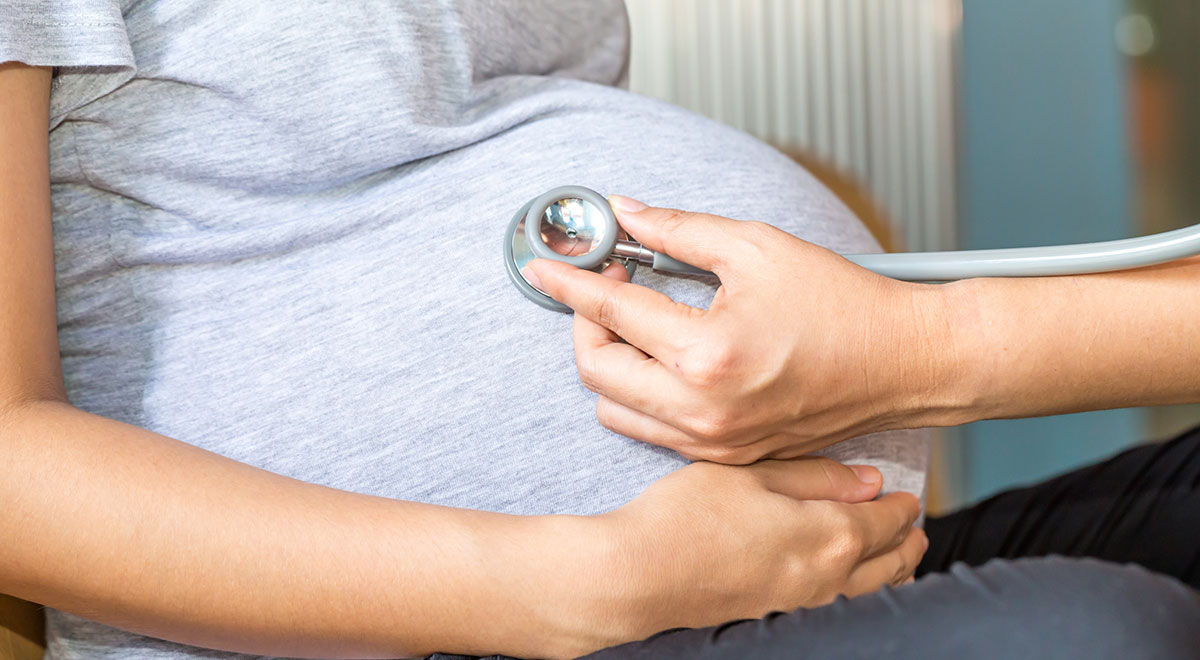Kristiana Burrell became pregnant, despite having the Essure contraceptive device implanted. During the pregnancy, one of the coils pieced the baby’s amniotic sac, causing Kristiana to deliver at 28 weeks. The baby, whom she named Ariel Grace, lived only five days.
Figures from the FDA state that cases such as Kristiana Burrell’s are quite rare. As of December 2015, there were eighteen reports of miscarriages, and only four incidents of infants who died after a live birth. However, it appears that the FDA’s figures are short – by almost 300.
Last year, Representative Mike Fitzpatrick (R-PA), who is pushing for legislation that would ban Essure, presented new evidence gathered and analyzed by a private consulting firm, Device Events. The information was based on a study and analysis of more than 10,000 adverse reports on Essure filed with the FDA and stored in the agency’s Manufacturer And User facility Device Experience (MAUDE) database. The analysis revealed that a large number of reports that had been identified as injuries or malfunctions included information about miscarriages and fetal deaths as well.
Fitzpatrick said, “It’s pretty clear that FDA either has data they’re not paying attention to or they’ve got defective systems in place to analyze the data.” His proposed legislation, called “Ariel Grace’s Law”, for Kristiana Burrell’s daughter, would require the manufacturer, Bayer, to remove Essure from the market. Fitzpatrick is also calling on the FDA to consider the Device Events analysis as it evaluates Essure safety.
Bayer is denying all allegations of fetal deaths related to Essure. In a response, a company spokesperson said that the results of the analysis were “not true,” calling it “irresponsible to suggest that Essure causes fetal deaths when, after an unsuccessful Essure procedure, an undesired pregnancy cannot be carried to term.”
Bayer is also concerned that news about fetal deaths could be causing unnecessary worry and fear, leading women who have the Essure device to have it removed – and discouraging new patients from getting the device who might otherwise have considered it. The company continues to insist that “the safety and efficacy of Essure…is supported by more than a decade of science, as well as real world clinical experience, with the product studied with more than 10,000 women.”
Tens of thousands more women who have suffered from severe, chronic pain, heavy bleeding, symptoms of nickel poisoning and miscarriages from unexpected pregnancies disagree.

